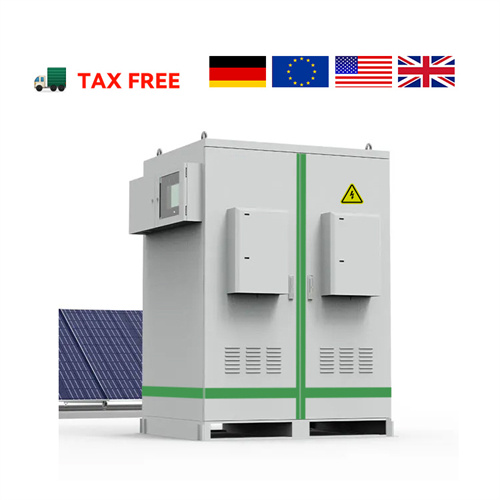Generator wind temperature is too high
While generator failure is not as high as many other components, it is quite expensive to repair or replace and requires long-term shutdowns. An unexpected increase in component temperature could indicate overload, poor lubrication, or possibly ineffective passive or active cooling.
While generator failure is not as high as many other components, it is quite expensive to repair or replace and requires long-term shutdowns. An unexpected increase in component temperature could indicate overload, poor lubrication, or possibly ineffective passive or active cooling.
Discover how elevated temperatures can impact generator performance and efficiency. Learn about the consequences of high temperatures, including decreased efficiency, increased wear and tear, reduced power output, potential overheating, increased fuel consumption, and safety concerns.
Generator performance at high temperatures. Generally, temperature affects generator engines starting at 40ºC. Above this ambient temperature: The air is already very hot and its quality is no longer optimal to generate good combustion when mixed with fuel. This generates loss of power.
Generator overheating occurs when the temperature within the generator’s components rises beyond its recommended operating range. This can be caused by a variety of factors such as high ambient temperature, overloading, or insufficient cooling.
Here I show in the real-world operation of a larger scale photovoltaic generator that increases in wind speed can lead to small but notable energy losses, reflected in the mismatch losses.
6 FAQs about [Generator wind temperature is too high]
What happens if a generator is exposed to high temperatures?
When exposed to elevated temperatures, generators may struggle to convert fuel into electrical energy efficiently. This means the generator may require more fuel to produce the same amount of power, leading to increased operating costs. Elevated temperatures can accelerate wear and tear on generator components.
Can a generator stop working if water temperature is too high?
As a result, if the radiator is not correctly sized, the generator can stop functioning due to an excessive water temperature. As far as the alternator is concerned, it is also affected by high temperatures. The majority of manufacturers guarantee the power of their alternators, as long as they operate at an ambient temperature of below 40°C.
How much power does a generator lose at a high elevation?
At higher values, the average loss of power is generally of 3% for 500 m of elevation. Generally, temperature affects generator engines starting at 40ºC. Above this ambient temperature: The air is already very hot and its quality is no longer optimal to generate good combustion when mixed with fuel. This generates loss of power.
What happens if a generator gets too hot?
The excessive heat can cause certain parts to expand, contract, or become brittle, increasing their susceptibility to damage. Over time, this can lead to premature failure of critical components and decrease the overall lifespan of the generator. As temperatures rise, generators may experience a decrease in power output.
What does elevated temperature mean on a generator?
Elevated temperatures refer to an increase in the ambient temperature surrounding the generator beyond its recommended operating range. This can occur due to external factors such as climate conditions, limited ventilation, or proximity to heat sources. This image is property of images.unsplash.com. Purchase Now
How does heat affect a generator?
This means the generator may require more fuel to produce the same amount of power, leading to increased operating costs. Elevated temperatures can accelerate wear and tear on generator components. The excessive heat can cause certain parts to expand, contract, or become brittle, increasing their susceptibility to damage.
Related Contents
- What are the effects of high generator wind temperature
- Will the generator trip if the wind temperature is too high
- Generator wind temperature high alarm
- What does the generator wind temperature reflect
- Generator outlet temperature high 6
- How high is a domestic wind turbine generator
- How to deal with high generator inlet temperature
- Does wind temperature affect generator vibration
- Generator wind temperature affects vibration
- What does generator wind temperature mean
- Wind turbine generator boss
- Function of the generator wind zone partition


